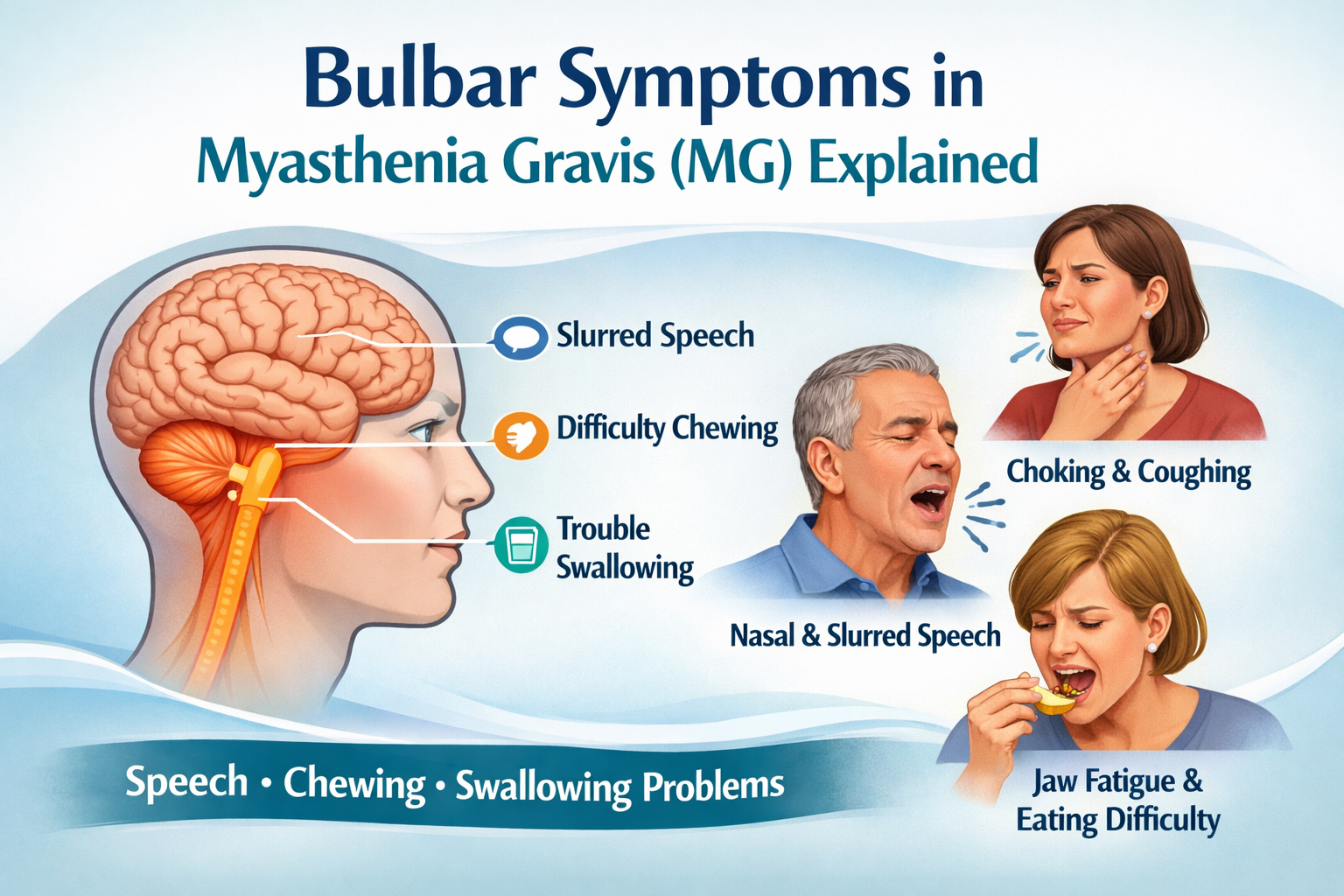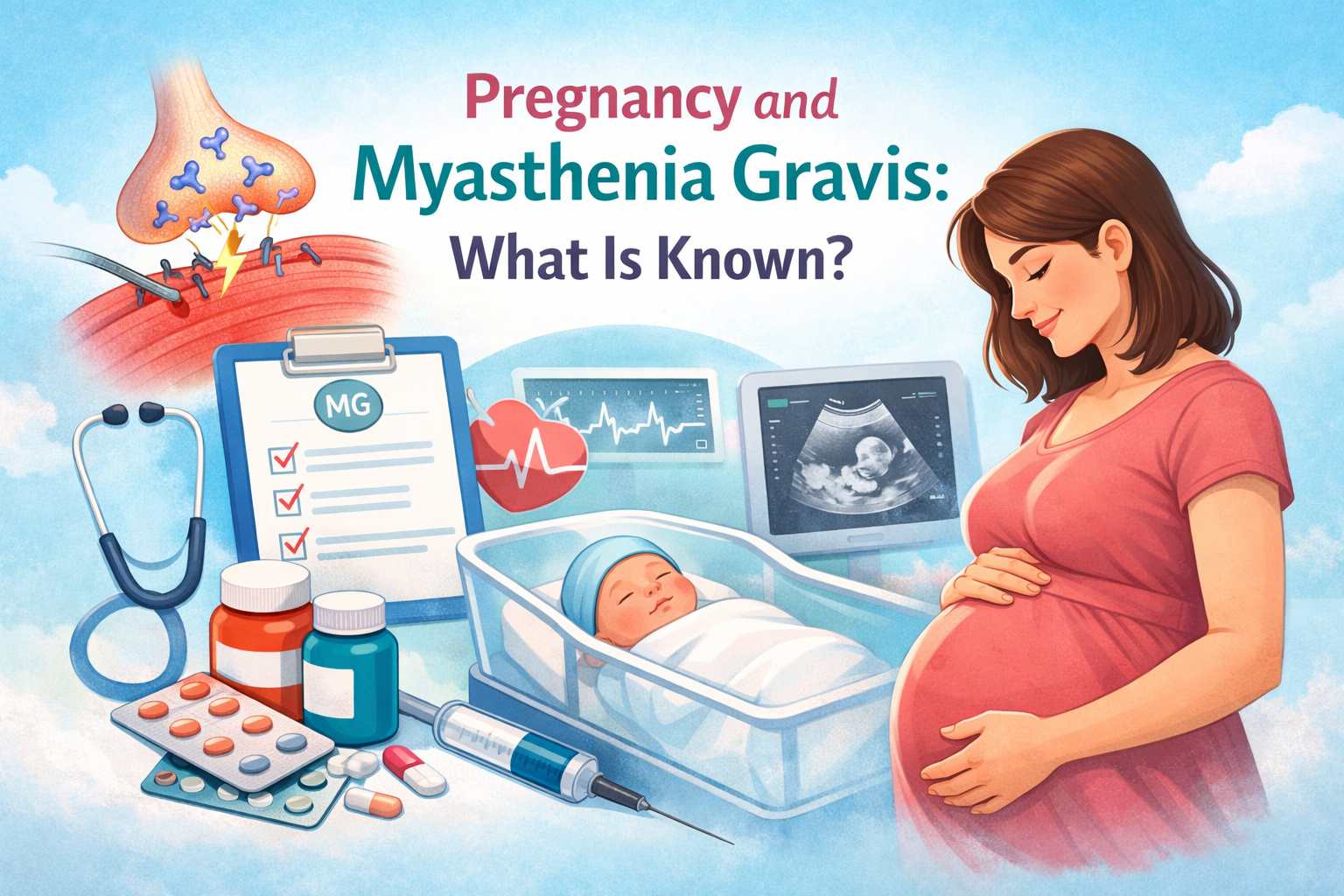Your personal
AI assistant for
Myasthenia Gravis

.avif)
.avif)
.avif)
.avif)



.avif)


.avif)
.avif)
.avif)
.avif)



.avif)


.avif)
.avif)
.avif)
.avif)



.avif)


Our platform gives you a space to track your symptoms, prepare for medical visits, and connect with insights shared by others living with MG. Whether you're managing energy levels, adjusting to new routines, or looking for questions to ask your doctor, mama health helps you stay organized and feel more in control.
You’re not alone in this — mama health is built to walk with you through the ups and downs of MG, helping you reflect on what matters most and advocate for your care.
What is myasthenia gravis (MG)?
Myasthenia gravis (MG)is a chronic autoimmune disorder that affects the voluntary muscles of the body, particularly those controlling the eyes, mouth, throat, and limbs. In this condition, antibodies disrupt the communication between nerves and muscles, leading to skeletal muscle weakness. The impact on these muscles can significantly influence a person's daily life and functioning.
Myasthenia gravis is neither an inherited condition nor a contagious disease. It can occur at any age, though certain types are more prevalent in specific age groups. Early-onset MG is more common in younger women (20-40), while late-onset MG more frequently impacts older men (55-70). This autoimmune attack interferes with the chemical signals necessary for muscle contraction, leading to the characteristic muscle weakness and fatigue associated with the condition.

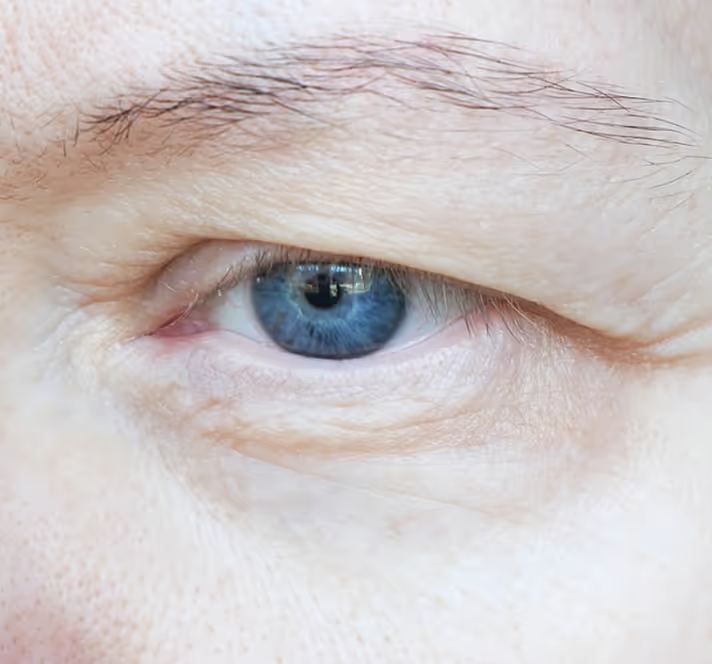
Common symptoms include:
- Visual problems such as drooping eyelids (ptosis) and double vision (diplopia)
- Rapid muscle fatigue
- Facial muscle weakness leading to a mask-like appearance
- Difficulty swallowing or speaking, and weakness in the neck or limbs
How can mama health help?
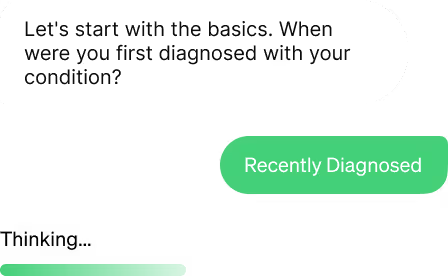
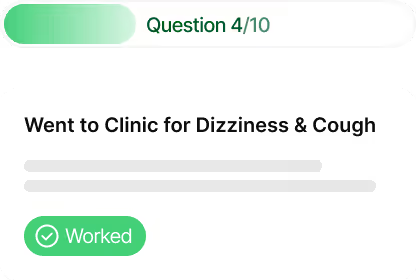
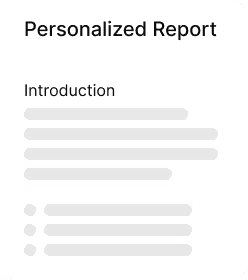

Developed and supervised by medical experts
What patients are saying
There are so many testimonies and so many people like me.
I hope this platform grows so we can help so many people who feel alone with a disease.
In the end we are many and all together we can fight.❤️"
There are so many testimonies and so many people like me.
I hope this platform grows so we can help so many people who feel alone with a disease.
In the end we are many and all together we can fight.❤️"
Frequently asked questions
The healthcare system is missing a crucial piece—real patient experiences. We bring those voices back into the system, making healthcare truly patient-centric. By connecting data from patients, doctors, hospitals, and research, we help unlock new insights, improve treatments, and turn today’s incurable diseases into tomorrow’s breakthroughs.
- See what works – Learn from others with the same condition and avoid trial-and-error treatments.
- Get a clear health picture – Track your journey, compare with others, and gain deeper understanding.
- Be part of something bigger – Your experience helps improve healthcare and accelerate research.
We use the information shared on mama health to improve treatments and services for all patients. However, we ensure that no one—neither other patients, scientists, nor healthcare companies—can identify you personally.
To request the deletion of your data, simply send an email to support@mamahealth.com.

.avif)

.avif)





